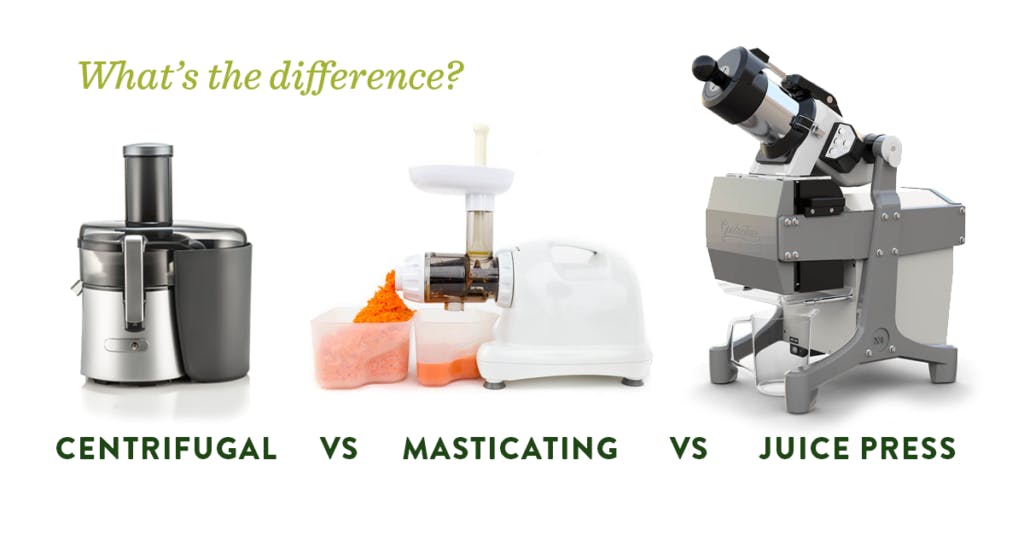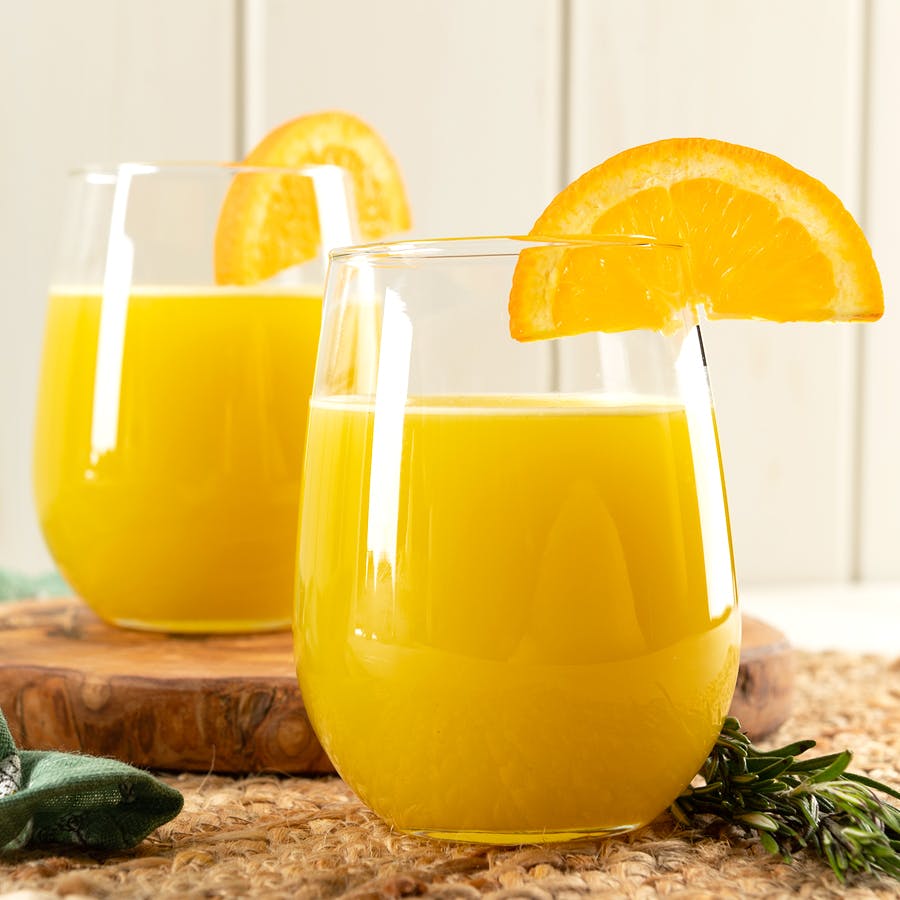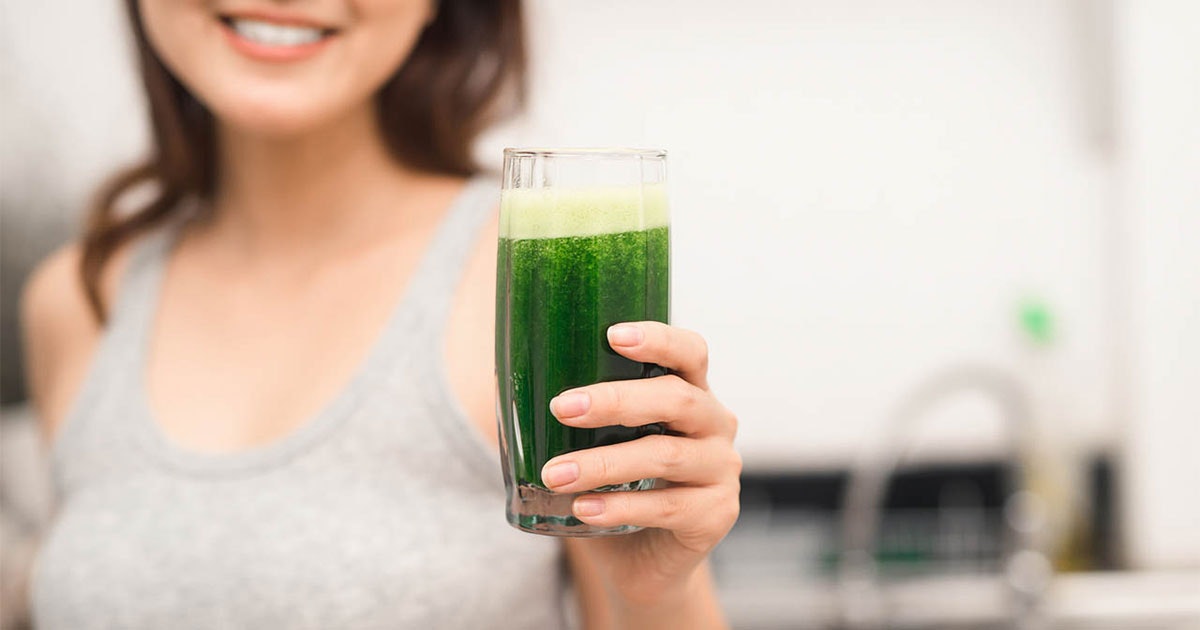Are you just getting into juicing? Read on!
Paying close attention to what you’re putting into your body is one of the foundational elements of health. That’s why juicing is perfect for those who are looking to make a positive change in their lifestyle.
When making your own juice, you have full control over what you’re putting into your body. Not only is juicing a great way to mix up your diet, but it’s also a fun and creative way to meet your nutrition goals.
If you’re relatively new to juicing, the following 5 juicing tips will help you make delicious juice avoid messy mistakes. Also, be sure to check out 3 delicious juicing recipes that are great for beginners at the end.

But before we get into the tips, let’s talk about…
Why You Should Juice
Juicing fruits and veggies has the ability to provide the body with a healthy source of vitamins and minerals that could otherwise be missing from your diet!
Not only is fresh juice packed with great nutrients, but it can also help you jump start weight-loss, increase your energy, help detox your body, decrease inflammation, assist your immune system, and protect against disease.
For more information on the health benefits of juicing, read this article!
Juicing Beginner Tips
Click any of these tips for a detailed explanation:
- Choose the Right Equipment
- Read the Manual
- Start with Beginner Recipes
- Know the Fruits You Can’t Juice
- Prepare Your Ingredients Properly
1. Choose the Right Equipment

We understand that it may be overwhelming when it comes to selecting the best juicer for your home – we’re here to help. When shopping around for juicers, you may see these three common words: Centrifugal, Masticating, and Cold-Press. These are a few of the most common types of juicers we see on the market today – here’s a quick overview of the differences:
Centrifugal: This juicer is typically used in households and is good for those who plan to consume their juices immediately. Using this machine, the produce is forced against a spinning blade which extracts the juice at a very high speed.
Masticating: These are typically known as slow, gear, or auger juicers. In this process, the produce is crushed at a much slower speed than centrifugal juicers – meaning there are more nutrients extracted from the produce. This option is great for those who are trying to make a good quality juice in their homes.
Cold-Press: This type of juicer is also commonly known as a hydraulic or pneumatic juicer. These are typically the most expensive (and best) juicers on the market and are ideal for those who are trying get the most nutritional value from their juices, and for a longer period of time. Juice made on a Goodnature juicer can be stored in the refrigerator for days without significant loss of nutritional value. See lab studies here.
Remember that not all juicers are created equal. Learn more about the different types of juicers here.

2. Read the Manual
Once you’ve found the right juicer for your home, we recommend getting familiar with the manual. This may be obvious, but making sure that you understand all of the functions of your new machine is critical in the juicing process.
3. Start with Beginner Recipes
Now comes the fun part: trying new juicing recipes!
When beginning your juice journey, we recommend trying a few simple veggie and fruit juice recipes to start. This will ensure that you understand your machine and that you have the basic processes down to a science.
When trying new recipes, the beauty of juicing is experimentation! Do you have some fresh ginger on hand? Toss it in! Leftover leafy greens or kale leaves? Awesome! What about cayenne? Sure! Creating your own custom recipe is the beauty of juicing!

We’ve included three great beginner juicing recipes at the end of this article.
Pro-Tips:
- Try your best to drink juice on an empty stomach for rapid nutrient absorption!
- Looking for information on how to do your first juice cleanse? Find that here.
4. Know the Fruits You Can’t Juice
You read that right. There are raw fruits that you can’t juice some of which include bananas, avocados, blueberries, kiwis, mangos, and more.
Check out this list of fruits you can’t juice for alternative options. You can also reference our list of best vegetables for juicing if you want nutrient-packed veggies in your recipes.
5. Prepare Your Ingredients Properly
Before juicing your ingredients, always wash them with an antimicrobial or vegetable wash. When making your own raw juice you want to make sure that the produce is as clean as possible.
If you’re questioning whether to remove seeds, stems, or skins, check out this article on preparing fruits for juicing.
Read 11 Creative Ways to Use Leftover Juice Pulp for great recipes and tips when it comes to recycling your leftover juice pulp!

Healthy Recipes for Beginners:
Simple Ginger Juice Recipe
Yield: 24 oz – the yield will vary depending on the produce.
31.4 oz Red Apple
6.88 oz Lemon
0.32 oz Ginger
Citrus Sunshine Juice Recipe
Yield: 24 oz – the yield will vary depending on the produce.
20.4 oz Pineapple
11.9 oz Oranges
2.36 oz Lime
1.02 oz Ginger

Hydrating Goddess Green Juice Recipe
Yield: 24 oz – the yield will vary depending on the produce.
20 oz Cucumber
15.4 oz Green Apple
6 oz Kale
2.4 oz Lemon
We hope these beginner tips and recipes will help you with your homemade juice journey!
If you want to browse more amazing recipes, view our juicing recipes here!

Comments
Thanks for sharing these super insightful and productive tips.
Cheers,
Suzibates,
www.divinenoni.com
Awesome tips For juicing . i really appriciating for this content
Great tips for juicing. your tips is very helpful and easy. i learned some thing new from you. thank you
That's great Valerie, glad you found this helpful 😄


Comment